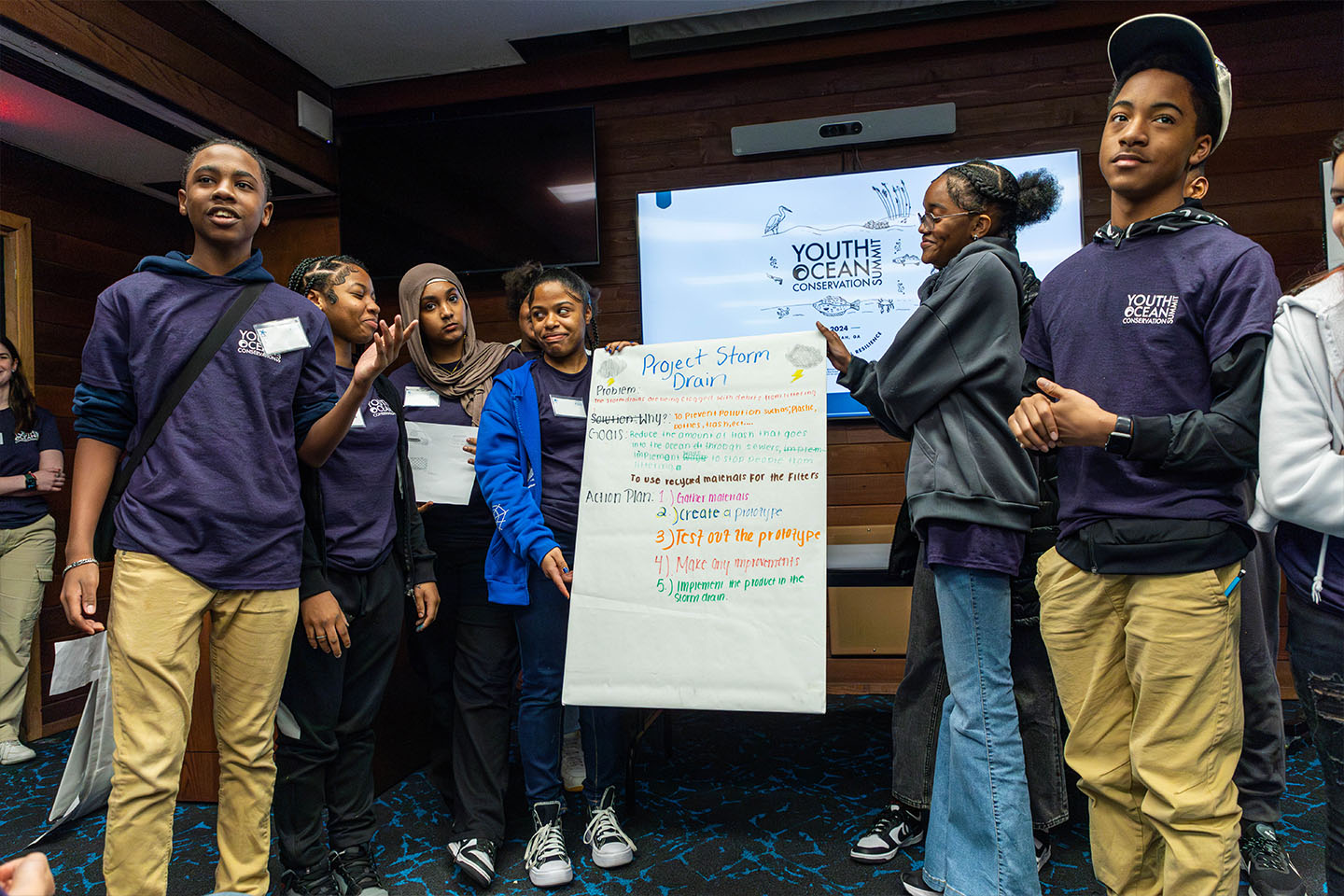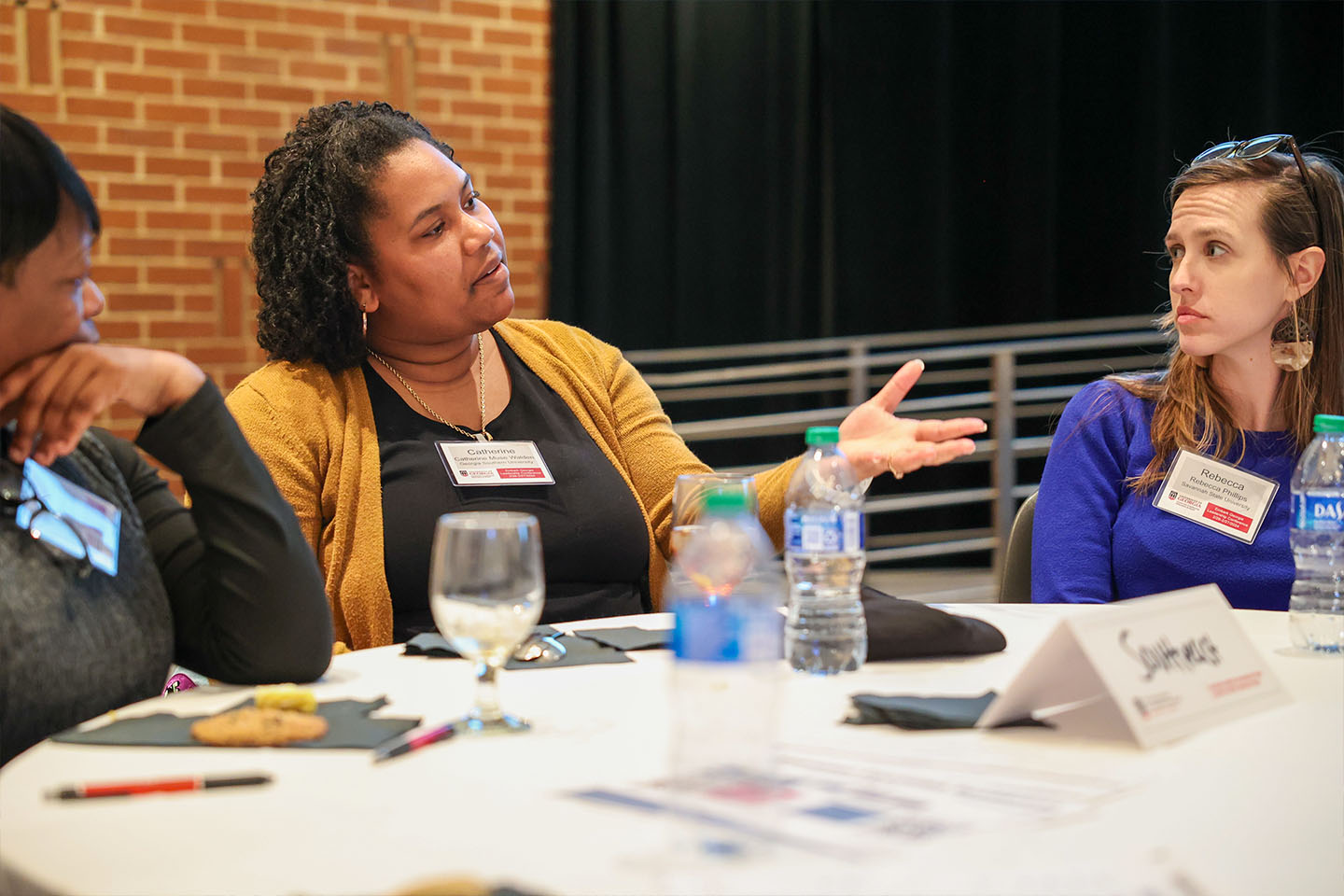Tech-savvy entrepreneurs develop a good idea into a start-up company that they nurture into a multi-million dollar acquisition target almost overnight. This is the stuff of dreams – and movies – are made of today.
Yet RazorInsights co-founder Reed Liggin knew that taking a company from vision to sale requires a firm knowledge of business fundamentals and expert consulting support. So when he and his partners sought seed money for their hospital electronic health records business, they contacted consultant Andy Fried at the UGA SBDC at Kennesaw State University for help.
Four years later, Liggin contacted Fried again to express his gratitude for his advice and assistance, announcing that the SBDC had helped put them in position to launch, grow and ultimately sell the company to Athenahealth for an eight-figure price tag.
“I couldn’t have done it without you,” he told Fried.
Liggin and his partners had originally planned to build an electronic health record system to serve small hospitals. But as the market dynamics changed, they ended up building a major system that supports activities from billing to medical records to clinical health departments.
“We continued to modify and adapt our original business plan as market forces changed, and wound up with a system that serves 32 departments in a hospital,” said Liggin. “Small business owners should anticipate that their business plan will change.”
RazorInsights signed its first hospital client a month after launching in December 2010 and ended up with 25 hospital clients in 14 states before the company was sold in January 2015. Sales before its purchase were $4.5 million. Employees had grown to 60 in the U.S. and another 60 in a development office the company had opened in India.
After the sale, Liggin joined Athenahealth as head of sales for its hospital technology division. He says he learned several important lessons while working with the UGA SBDC.
“Andy had the experience to validate my initial thoughts as to whether we had a viable business model. He showed us how to put together a business plan in a professional way that would attract investors. They want to see the start-up layout completely, with financial projections, executive summary, overall business proposition and cash flow estimates. He was really skilled at helping us put all our information together to present it to investors so that it made sense and was in the format they look for.”
After they accepted a first round of private equity money in 2012, the private firm became deeply involved in the company, he reported, allowing them to lessen their reliance on SBDC services. But they remained in contact with Fried.
Liggin believes that no matter a start-up founder’s level of experience, there are many benefits to partnering with the experts at the UGA SBDC. “Even if you think you know exactly what to do, it’s very beneficial to have them involved. Their experience and their contacts are phenomenal.”
“I wouldn’t do a start-up differently now. The SBDC was spot on,” he said.
“I may start another company someday and will go back to work with them then. Even though I know everything I know now, it was great working with the SBDC to put our plan together and to have an experienced set of eyes on what we were doing, what we were thinking and how to approach whatever market we would go into next.”




